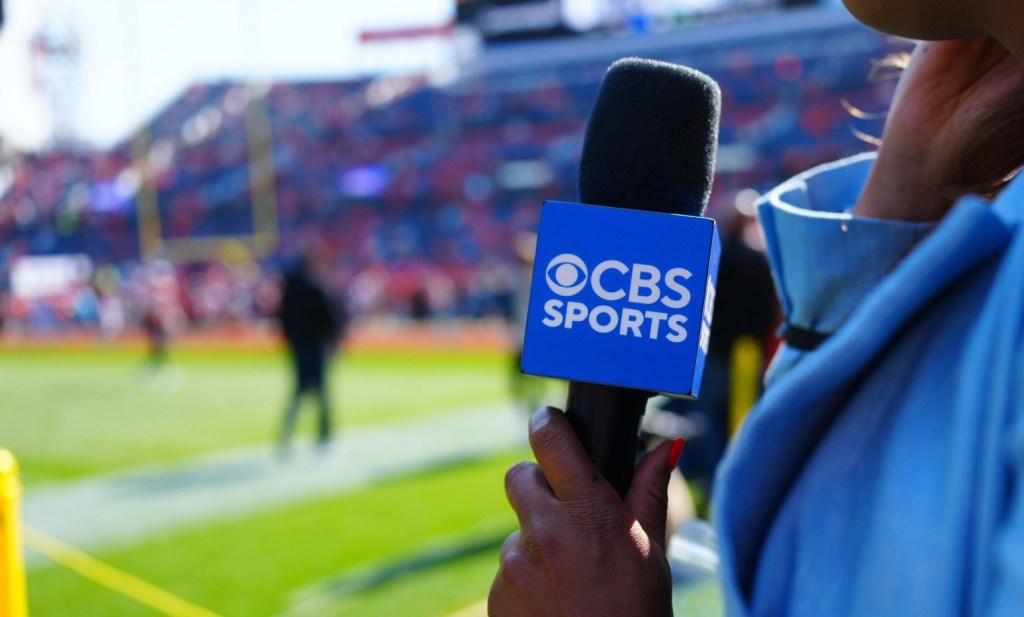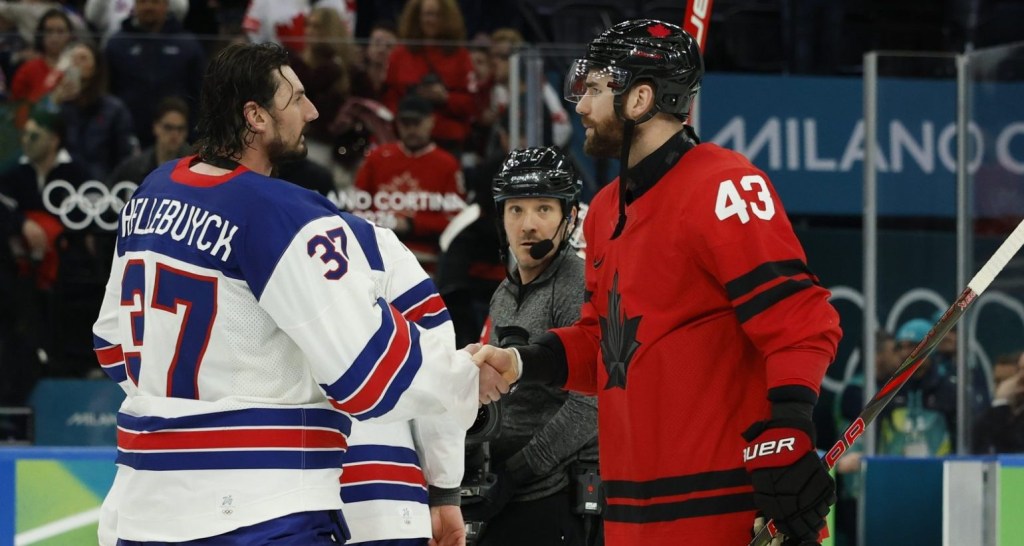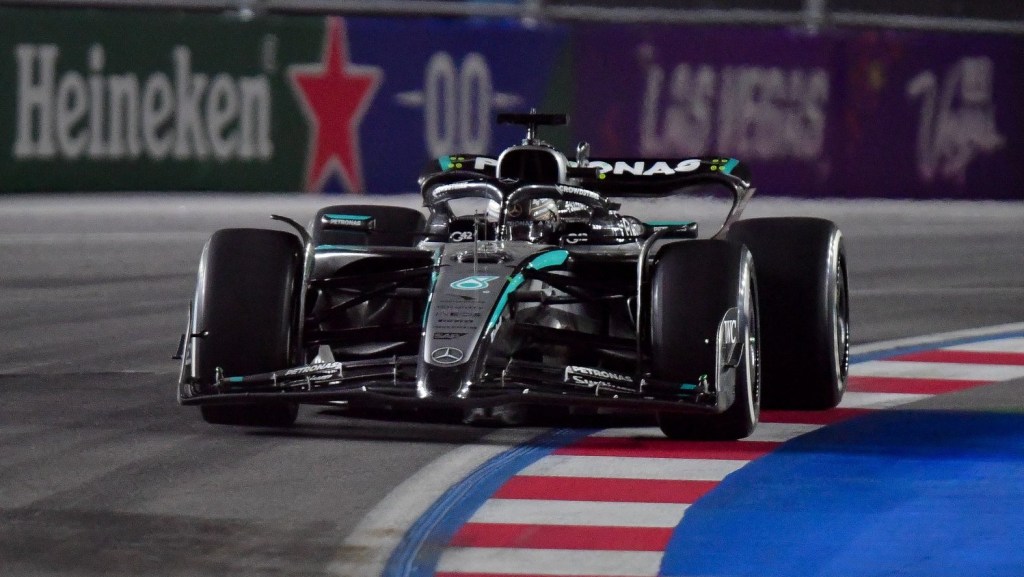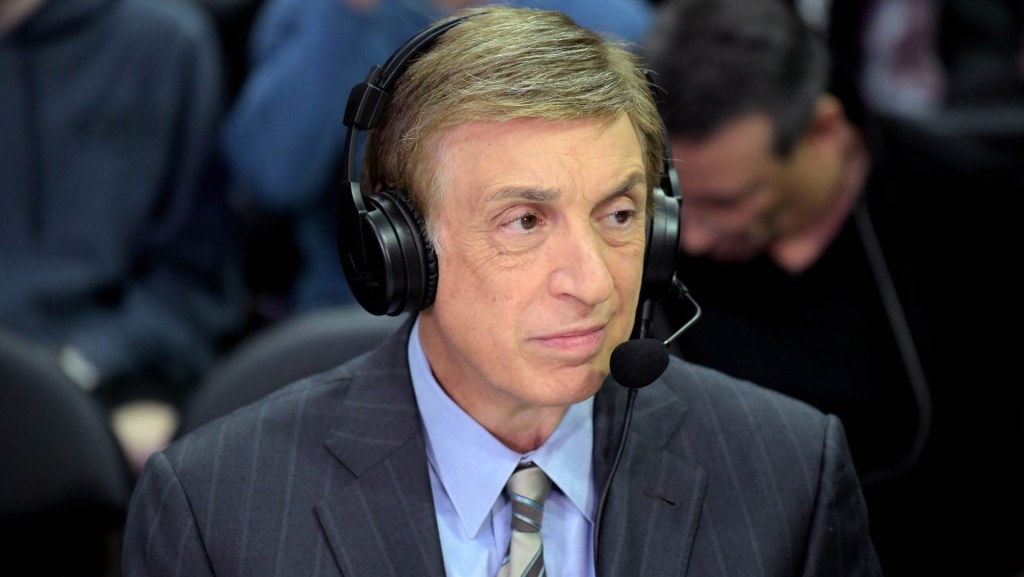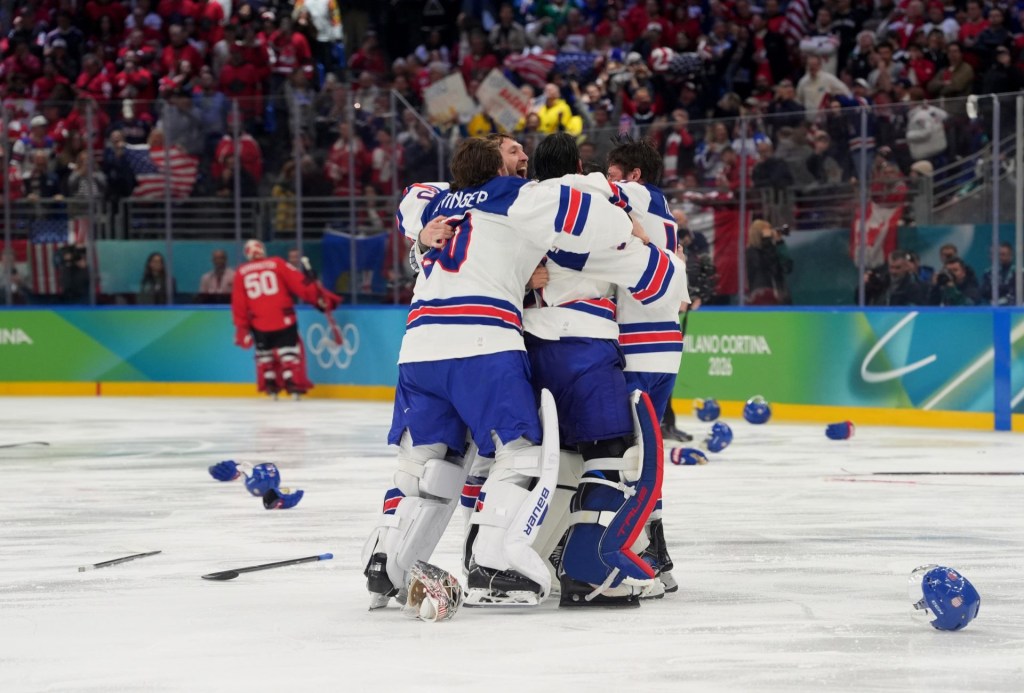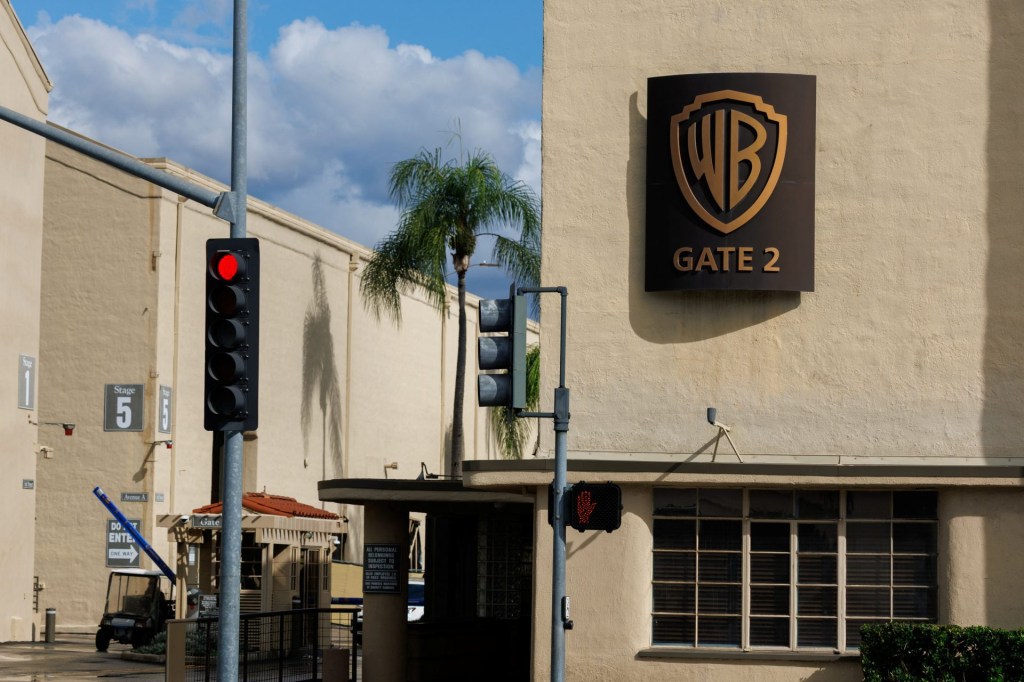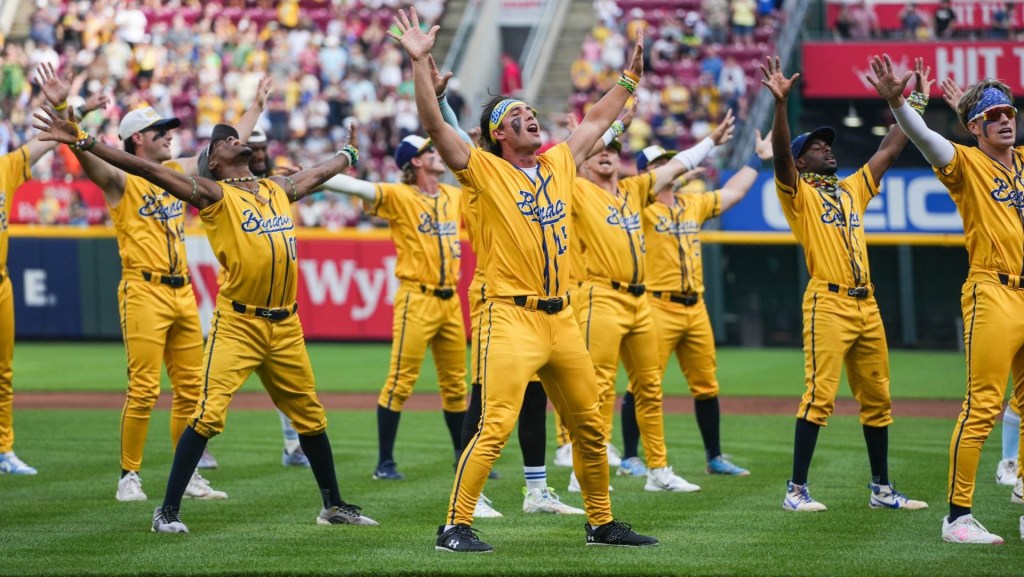Every weekend, Front Office Sports will bring you one of the week’s best conversations from our daily podcast, FOS Today. This week we’re highlighting host Owen Poindexter’s interview with Sara Gaiero, vice president of production at ESPN. We spoke with Gaiero about how the network plans to tell stories throughout the NCAA women’s tournament to build fan interest in players and teams across the bracket, from Caitlin Clark to JuJu Watkins and beyond. To hear the whole conversation, check out the episode here. The following has been edited for clarity and length.
Front Office Sports: In a tournament where any game could be that player’s, that team’s last of the season, how much do you invest in getting to know these characters when this might be their last episode?
Sara Gaiero: We invest a lot. Part of our priorities at ESPN, and on this team specifically, is quality storytelling. When we roll these games out, it’s our job to document the action and deliver that to the fan. You want to see the balls go in the bucket. But in and around that we have to give people a reason to watch, and that comes from telling the fans something about this person they may not know. We have to dig deep, especially in the first and second rounds, when you may not know them at all. We’ve got to humanize these athletes and give the background of who they are.
There was a game with Mississippi State. In the course of the game, the announcers told us that the coach had promised his kids that he would buy them a pool if they upset LSU that night, and there was a graphic of a pool. I was sitting with my 10-year-old, and she was hooked for the rest of the game. She was like, “Mom, Mom, are they going to win? Are they going to win?” I had her go get ready for bed and come back. And she came back and she’s like, “So I need to know, did they win?” And it didn’t matter who scored the points and who had the best assist and what the plus-minus turnover margin was. All she cared about was: Did those kids get the pool? I think that’s the level of storytelling that is important in the early rounds to familiarize the fan bases with who these people are. And if they lose, we did right by them and told their story and we’ll do the same with the next matchup and next teams.
FOS: There have always been stars in women’s college basketball, but it feels like this year is another level. How is that affecting how you approach this year?
SG: This year is special. That’s not to say that in past years women’s college basketball hasn’t felt this way. There have been times, almost like an ebb and flow, when there’s been so much attention and when the interest has been so high. I think we saw that through the UConn years.
But there is something unique about this, something special, and Caitlin is certainly a driver of that. No doubt. She’s a household name and everybody knows who she is. But I think what’s really special is it’s not just Caitlin. There are so many other players, too, that Caitlin’s attention has brought people in. They come and they stay and they see: There’s JuJu Watkins.
Well, did you see JuJu? Did you see her game? She is dynamic. She’s an all-star. You look at South Carolina, and it’s the story line of the season: They lost their five players [from last year and look what Dawn Staley has done. They are undefeated again. That’s unbelievable. So I think there are more story lines happening within the league that Caitlin will bring you in to see. And that’s what’s keeping people here.
That’s also what gives such hope to the future of the game. When Caitlin graduates it’s not like women’s basketball is going to go back into this corner, and you can forget all about it. There’s JuJu Watkins coming up, there’s Hannah Hidalgo, there’s Madison Booker. South Carolina continues to do dynamic things. Who knows what LSU is going to do? So it just keeps evolving. And I think that’s what makes it special: It doesn’t feel like just a moment in time; it feels like this is the moment that’s projecting us into the future.
FOS: Along those lines, ESPN signed a deal with the NCAA recently that values women’s March Madness at $65 million annually. That shows: As this is becoming more and more popular, getting more and more eyeballs, the value of the media rights goes up. Is that investment in the rights going to lead to a greater investment on the production side?
SG: The way that we grow and get better is with investment. And that’s in money, in resources, in network space, in where you prioritize the game matchups, how you position matchups. All of those things will drive the sport forward. I think we are at a great spot now that we know we’re committed in this relationship for eight years.
So, yes, we will do our due diligence over here and just keep pushing, pushing, pushing, pushing, pushing—to continue elevating. But we’re in a great spot knowing that we’re here for eight more years.
FOS: ESPN also broadcasts WNBA games. I’ve always felt that what would really turbocharge interest in women’s basketball is seeing the WNBA go up a level or two in terms of its popularity. So I am wondering whether you’re stoking that excitement pipeline up to the WNBA to try to bring the excitement around Caitlin and the entire tournament into that league?
SG: One hundred percent—and I have the great fortune of overseeing all of our WNBA coverage as well. So yes, it’s a selfish motivation for me to capitalize on this women’s tournament to draw attention to the WNBA. We’ve not always created such a strong bridge between the college game and the professional game. And now, particularly knowing Caitlin Clark has declared, Cameron Brink has declared—we will have their games. We have their games over the next three weeks, for however long they last in the tournament. If we don’t take advantage of that and draw attention to the upcoming WNBA draft and the upcoming WNBA season, it’s a totally missed opportunity, right? We’re in a position to do just that. It doesn’t have to dominate conversation over the course of the two hours, but there’s got to be an opportunity that we are weaving that in.
So for people who may not be familiar with the WNBA, you tune in and you see Cameron Brink, and somebody says, well, Los Angeles has the number-two pick. And it just so happens that she’s a West Coast–based girl, right? We have to take advantage of the opportunity to continue to follow their careers because, yes, once Caitlin leaves and Cameron leaves, we still want them to tune in to ESPN. Just hang with us for another month, and we will show you their other games.
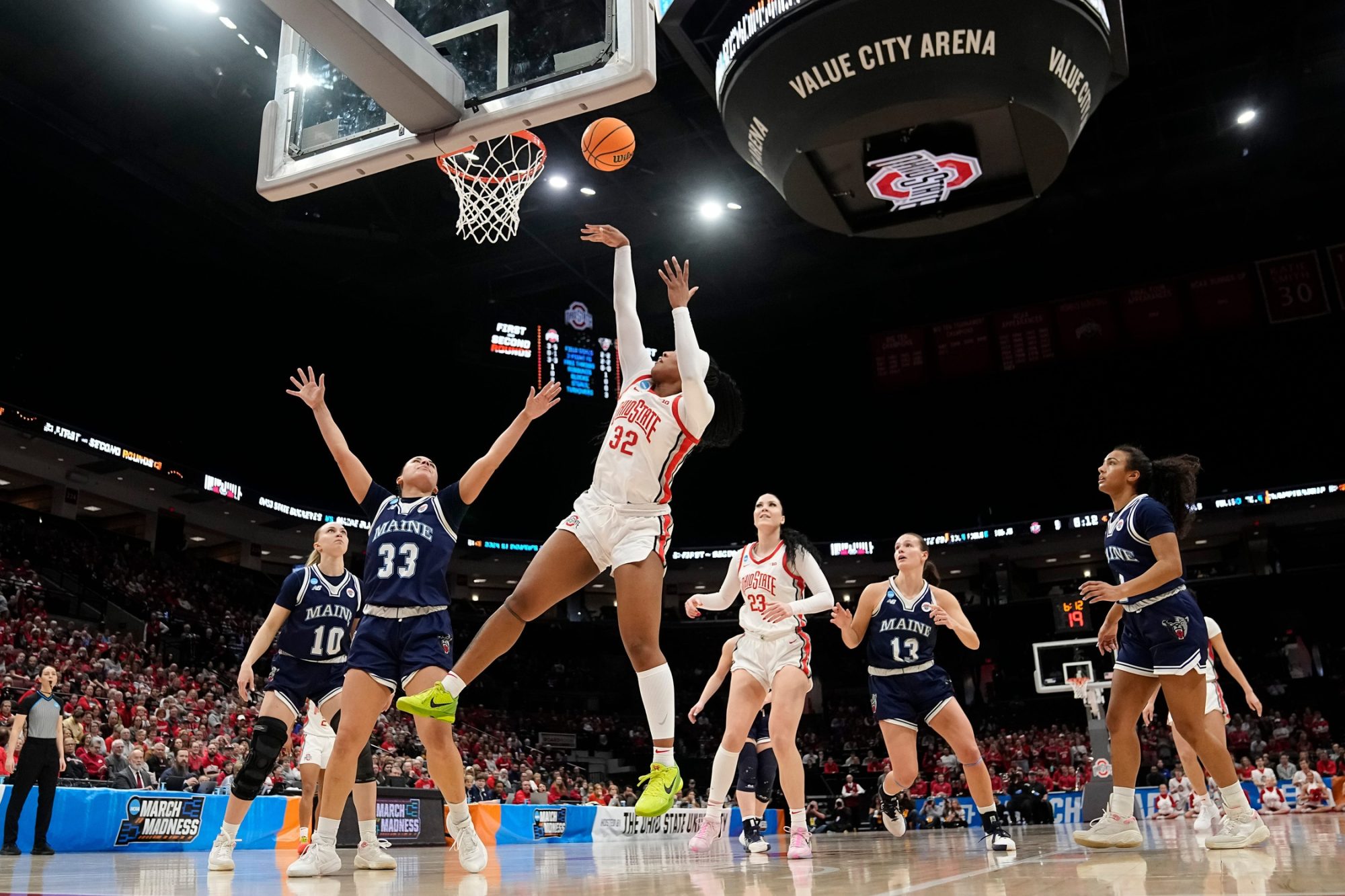


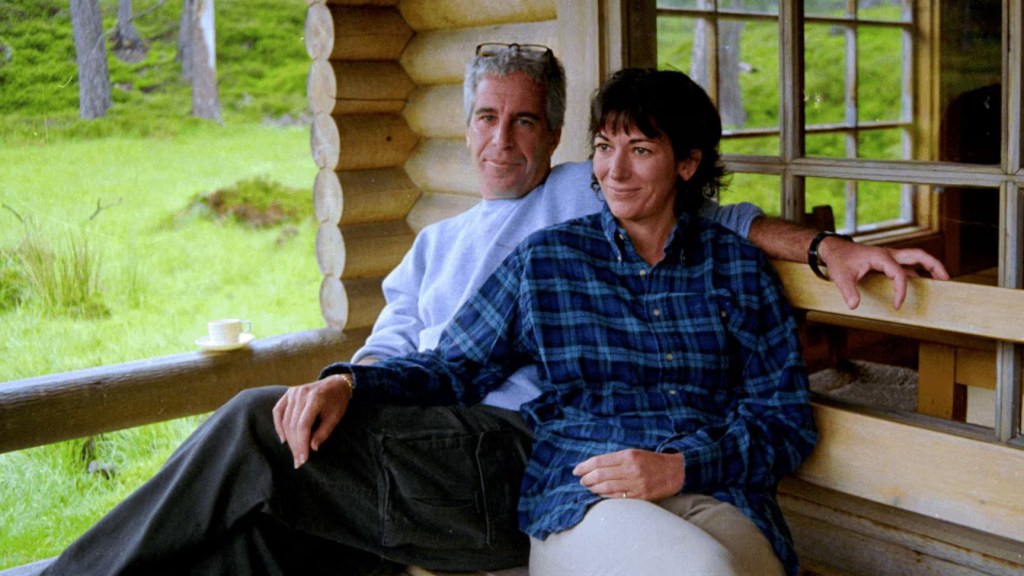

![[Subscription Customers Only] Jul 13, 2025; East Rutherford, New Jersey, USA; Chelsea FC midfielder Cole Palmer (10) celebrates winning the final of the 2025 FIFA Club World Cup at MetLife Stadium](https://frontofficesports.com/wp-content/uploads/2026/02/USATSI_26636703-scaled-e1770932227605.jpg?quality=100&w=1024)



